Refinance Your Modular Home: Where to Get Finance from
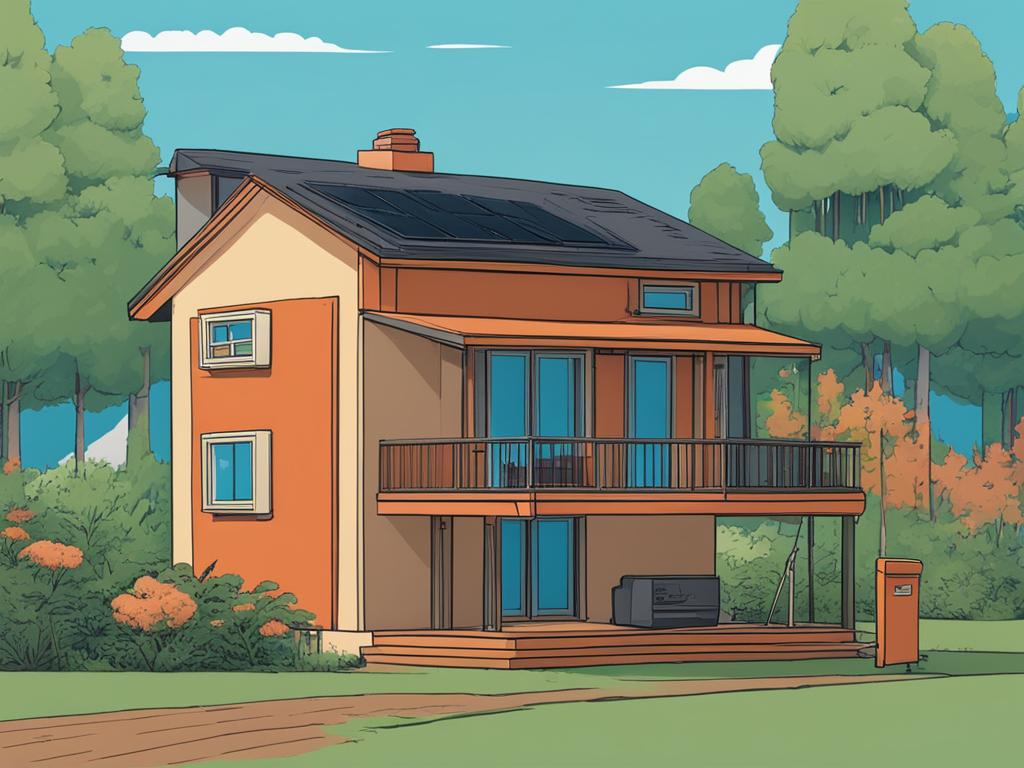
If you own a mobile or manufactured home, you may be interested in refinancing to reduce your monthly mortgage payments. However, the process of refinancing a modular home can be different from refinancing a traditional home. There are specific requirements and loan options that you need to be aware of. In this article, we will discuss how a modular home refinance works, the eligibility requirements, the process, and the different loan options available to you.
Key Takeaways:
- Refinancing a modular home can help reduce monthly mortgage payments.
- Modular homes must meet specific requirements to be eligible for refinancing.
- The process of refinancing a modular home involves determining the type of home, shopping for the best rate and terms, and applying for the loan.
- There are various loan options available for modular home refinancing, including conventional loans, FHA loans, VA loans, USDA loans, and chattel loans.
- Pros of refinancing a modular home include lower monthly payments and the ability to pay off other expenses, while cons include closing costs and the possibility of not obtaining a better interest rate.
Requirements for Refinancing a Modular Home
To qualify for a modular home refinance, your property must meet certain requirements. These requirements are crucial for determining your eligibility for modular home refinance options. Here are the key criteria:
Ownership of Land:
First and foremost, you must own the land on which your modular home is located. This is a fundamental requirement for refinancing your modular home.
Permanent Foundation:
Your modular home must be affixed to a permanent foundation that adheres to the standards set by the U.S. Department of Housing and Urban Development (HUD). It is vital to ensure that your home meets these foundation requirements.
Titled as Real Property:
It is essential that your modular home is titled as real property. This means that the home is classified as a fixed structure rather than personal property. Having proper documentation for your home as real property is a necessary condition for refinancing.
Construction Standards:
Furthermore, your modular home must comply with building standards established by HUD. These standards guarantee that your home meets the necessary safety and quality measures, ensuring its eligibility for refinancing.

Meeting these requirements is vital to be eligible for a modular home refinance. Before proceeding with the refinancing process, it is essential to confirm that your property fulfills these criteria. Now that you understand the prerequisites let’s move forward and explore the next section: “The Process of Refinancing a Modular Home.”
The Process of Refinancing a Modular Home
Refinancing a modular home involves several steps that you need to follow in order to successfully refinance your property. Here is an overview of the process:
- Determine the type of mobile home you have: Before you begin the refinancing process, it’s important to determine the type of mobile home you own. This will help you identify the specific financing options that are available to you.
- Confirm the classification of your modular home: Check whether your modular home is classified as real property or personal property. If it’s classified as personal property, you may need to go through the process of converting it to real property before you can refinance.
- Shop around for the best rate and terms: Once you’ve determined the type and classification of your modular home, it’s time to start shopping around for the best rate and terms. Compare offers from multiple lenders and consider factors such as interest rates, monthly payments, and fees. This will help you find the most suitable financing option for your needs.
- Apply for the loan refinance: Once you’ve found a lender and a loan product that you’re comfortable with, it’s time to apply for the loan refinance. This will involve completing an application form and providing the necessary documents and information requested by the lender.
- Pay the closing costs: As with any loan refinance, there are closing costs associated with refinancing a modular home. These costs typically include appraisal fees, title search fees, and other administrative fees. It’s important to budget for these costs and be prepared to pay them at closing.
Loan Options for Refinancing a Modular Home
If you’re considering refinancing your modular home, it’s important to explore the various loan options available. The right loan program can help you achieve your financial goals and make the most of your refinance. Here are some of the loan types you can consider:
1. Conventional Loans
A conventional loan, backed by Fannie Mae, is a popular option for refinancing a modular home. To qualify for a conventional loan, you typically need a credit score of at least 620. This loan type offers competitive interest rates and flexible terms designed to suit your needs.
2. FHA Loans
If you’re looking for a loan with more lenient credit score requirements, an FHA loan may be the right choice for you. Insured by the Federal Housing Administration, FHA loans offer lower credit score thresholds and attractive interest rates. These loans can be a great option if you’re refinancing a modular home.
3. VA Loans
Available exclusively to military personnel, veterans, and their eligible spouses, VA loans offer flexible financing options for refinancing a modular home. With no down payment requirements and competitive interest rates, VA loans can provide significant savings for those who qualify.
4. USDA Loans
If your modular home is located in a rural area, you may be eligible for a USDA loan. These loans are specifically designed for properties in eligible rural locations and offer competitive interest rates and low down payment options. USDA loans also have income limitations, so it’s important to check if you meet the criteria.
5. Chattel Loans
If you own a mobile home and don’t own the land it sits on, a chattel loan may be a suitable option for refinancing. Chattel loans are personal property loans that can be used to finance a mobile home without the need for land ownership. These loans offer flexibility and convenience for mobile homeowners.
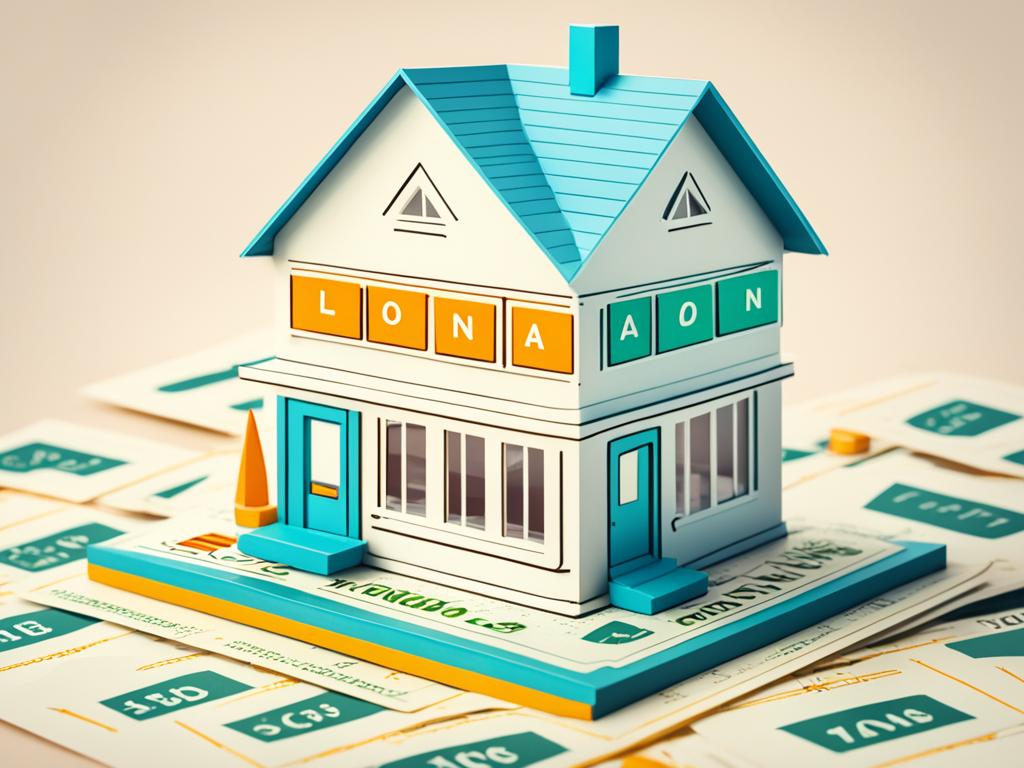
Understanding the various loan programs for modular home refinance is crucial to make an informed decision that aligns with your financial situation and goals. Consider consulting with a mortgage professional who specializes in modular home refinancing to explore your options and find the right loan program for your unique needs.
Pros and Cons of Refinancing a Modular Home
Refinancing a modular home offers both advantages and disadvantages to homeowners. Understanding these points can help you make an informed decision about whether refinancing is the right option for you and your modular home.
Advantages of Modular Home Refinance
- Lower Monthly Mortgage Payment: One of the main advantages of refinancing a modular home is the potential for a lower monthly mortgage payment. By securing a new loan with better terms, such as a lower interest rate or a longer repayment period, you can reduce your monthly expenses. This can free up funds for other uses and provide immediate savings.
- Ability to Pay Other Expenses: Refinancing your modular home can also provide you with the opportunity to access the equity in your home. By refinancing for a higher loan amount, you can use the extra funds to pay off other expenses, such as home renovations, education costs, or medical bills. This can be especially beneficial if you need additional financial flexibility.
Disadvantages of Refinancing Modular Homes
- Responsibility of Paying Closing Costs: When refinancing a modular home, you will be responsible for paying closing costs. These costs can include application fees, appraisal fees, attorney fees, and other expenses. It’s important to consider these costs when evaluating the potential savings of refinancing and determine if the overall financial benefit outweighs the upfront expenses.
- Possibility of Not Obtaining a Better Interest Rate: While the goal of refinancing is often to secure a better interest rate on your mortgage, there is no guarantee that you will qualify for a lower rate. Lenders consider factors such as credit score, income stability, and property value when determining loan terms. If you are unable to obtain a more favorable interest rate, refinancing may not provide the expected financial benefits.
Before deciding whether to refinance your modular home, carefully evaluate the pros and cons. Consider your long-term financial goals, current and future expenses, and the overall impact on your monthly budget. Consulting with a financial advisor or mortgage professional can also provide valuable insights and guidance tailored to your specific situation.
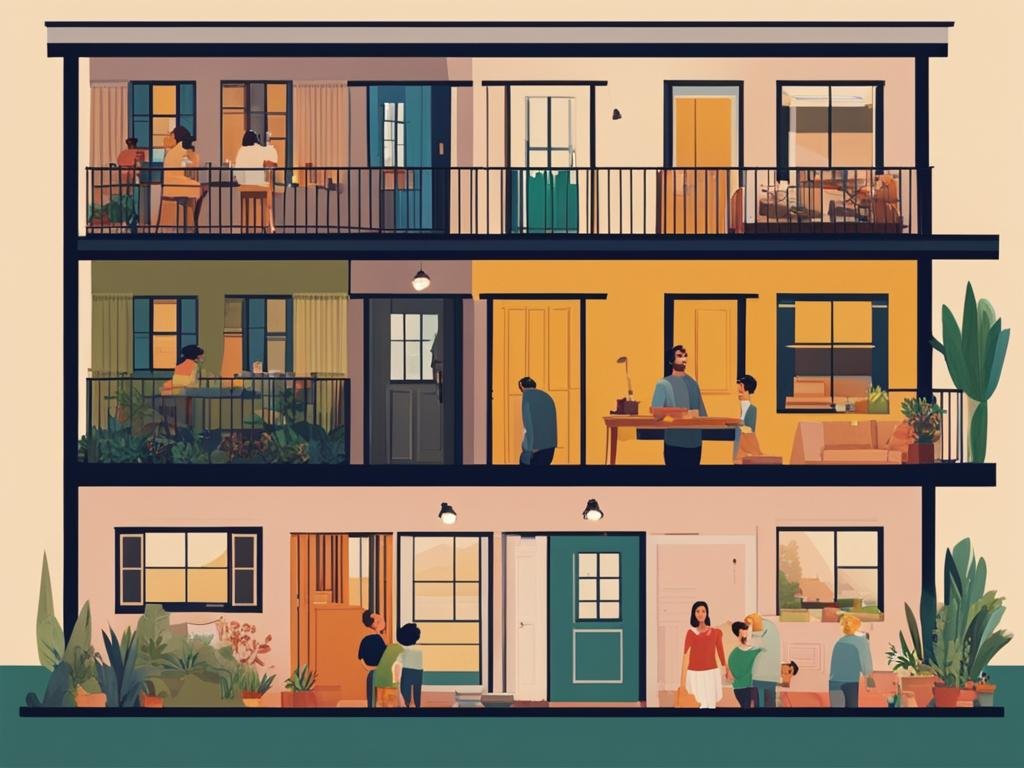
Financing Options for Modular Homes
Financing a modular home can be challenging, as many traditional mortgage lenders do not offer financing options for these types of properties. However, there are some options available that can help you secure the necessary funds for purchasing a modular home.
FHA loans for modular homes are a popular choice among borrowers. These loans are insured by the Federal Housing Administration and come with flexible requirements, making them accessible to a wider pool of applicants. Fannie Mae also offers loans specifically designed for modular homes through their MH Advantage program. This program has specific eligibility criteria that borrowers need to meet to qualify for financing.
Freddie Mac also provides financing options for manufactured homes through their Home Possible mortgage program. Although not exclusively tailored for modular homes, this program can still be a viable option for borrowers seeking financing for their modular home.
Exploring these financing options can help you find the best solution for financing your modular home. Consider your specific needs and eligibility criteria, and choose the loan program that aligns with your requirements. By securing the necessary financing, you can make your dream of owning a modular home a reality.

The image above visually represents the financing options available for modular homes, including FHA loans, Fannie Mae loans, and Freddie Mac loans.
Financing Differences: Mobile Homes, Manufactured Homes, and Modular Homes
When it comes to financing, it’s important to understand the differences between mobile homes, manufactured homes, and modular homes. Each type of home has its own distinct characteristics and financing options.
Mobile homes, also known as trailers or static caravans, were typically built before June 15, 1976. These homes are often classified as personal property rather than real estate. As a result, the financing options for mobile homes can differ from those available for traditional homes. Mobile homes may require personal property loans, which can have different eligibility criteria and terms.
Manufactured homes, on the other hand, were built after June 15, 1976, and must meet specific construction and safety standards set by the U.S. Department of Housing and Urban Development (HUD). These homes are considered real property and can be financed through various loan programs, such as FHA loans, Fannie Mae loans, or other conventional financing options.
Modular homes are constructed in a factory and then transported to the site for assembly. These homes are also built to meet HUD standards and are considered real property. Like manufactured homes, modular homes can be financed through FHA loans, Fannie Mae loans, or other conventional financing options.
Understanding the financing options for each type of home is essential when considering the purchase or refinance of a mobile, manufactured, or modular home. By being aware of the specific requirements and loan programs available, you can make informed decisions about financing your dream home.
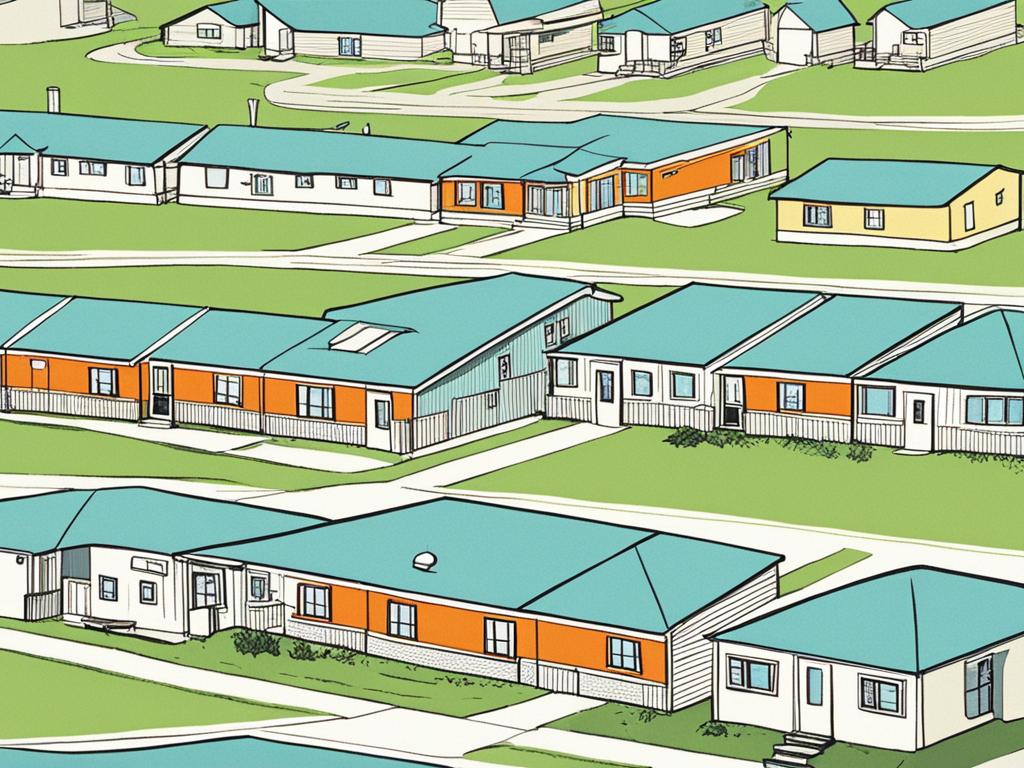
Conclusion
Refinancing a modular home can provide significant benefits, helping you lower your monthly mortgage payments and potentially save money. However, it’s crucial to have a clear understanding of the requirements, process, and various loan options available to you. By carefully assessing and comparing offers from multiple lenders, considering factors such as interest rates, monthly payments, and fees, you can make an informed decision when refinancing your modular home.
Remember to carefully weigh the pros and cons of refinancing and take into account the specific financing options for your type of home. Whether you opt for conventional loans, FHA loans, VA loans, USDA loans, or chattel loans, selecting the right option can make a significant difference in the overall outcome of your modular home refinance.
With the right information and careful consideration, you can find the best refinance option tailored to meet your specific needs. Take the time to explore your options, consult with mortgage professionals, and ensure you fully understand the terms and conditions before committing to a modular home refinance. By doing so, you can confidently move forward and enjoy the potential savings and financial benefits that come with refinancing your modular home.
FAQ
What are the requirements for refinancing a modular home?
To qualify for a modular home refinance, your property must meet certain requirements. These include owning the land on which the home is located, having it affixed to a permanent foundation that conforms to HUD standards, and having it titled as real property. Your modular home must also have been built after June 15, 1976, be a minimum of 12 feet wide and 400 square feet in size, and comply with building standards set by the U.S. Department of Housing and Urban Development (HUD).
What is the process of refinancing a modular home?
Refinancing a modular home involves several steps. First, you need to determine the type of mobile home you have and ensure that it is classified as real property instead of personal property. Next, you can start shopping around for the best rate and terms by comparing offers from multiple lenders. Finally, you’ll need to apply for the loan refinance and pay the closing costs associated with the process.
What loan options are available for refinancing a modular home?
There are several loan options available for refinancing a modular home. These include conventional loans, FHA loans, VA loans, USDA loans, and chattel loans. Conventional loans require a credit score of at least 620 and are backed by Fannie Mae. FHA loans are insured by the Federal Housing Administration and have lower credit score requirements. VA loans are available to military personnel and have flexible financing options. USDA loans are available for properties in rural areas and have income limitations. Chattel loans are personal property loans that can be used to finance a mobile home and do not require you to own the land on which the home is located.
What are the pros and cons of refinancing a modular home?
One of the main advantages of refinancing a modular home is the potential for a lower monthly mortgage payment, which can provide immediate savings. Additionally, refinancing can allow you to pay off other expenses by accessing the equity in your home. However, there are also some disadvantages to consider, such as the responsibility of paying closing costs and the possibility of not obtaining a better interest rate. It’s important to weigh the pros and cons before deciding if refinancing is the right option for your modular home.
What financing options are available for modular homes?
Financing a modular home can be challenging, as many traditional mortgage lenders do not offer financing options for these types of properties. However, there are some options available. FHA loans are a popular choice, as they are insured by the Federal Housing Administration and have flexible requirements. Fannie Mae offers loans for modular homes through their MH Advantage program, and Freddie Mac offers financing options for manufactured homes through their Home Possible mortgage program. Exploring these financing options can help you find the best solution for financing your modular home.
What are the differences between mobile homes, manufactured homes, and modular homes in terms of financing?
Mobile homes were built prior to June 15, 1976, and are typically classified as personal property. Manufactured homes are built after that date and must meet HUD standards. Modular homes are constructed in a factory and brought to the site for assembly. Each type of home has different financing options and requirements. Mobile homes may require personal property loans, while manufactured homes and modular homes can be financed through FHA, Fannie Mae, or other loan programs. Knowing these differences can help you navigate the financing process for your specific type of home.
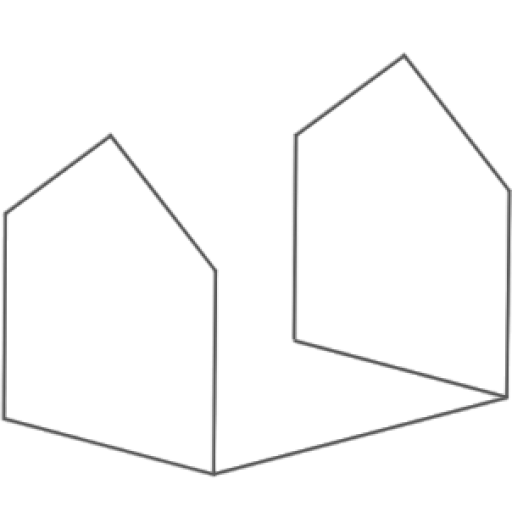
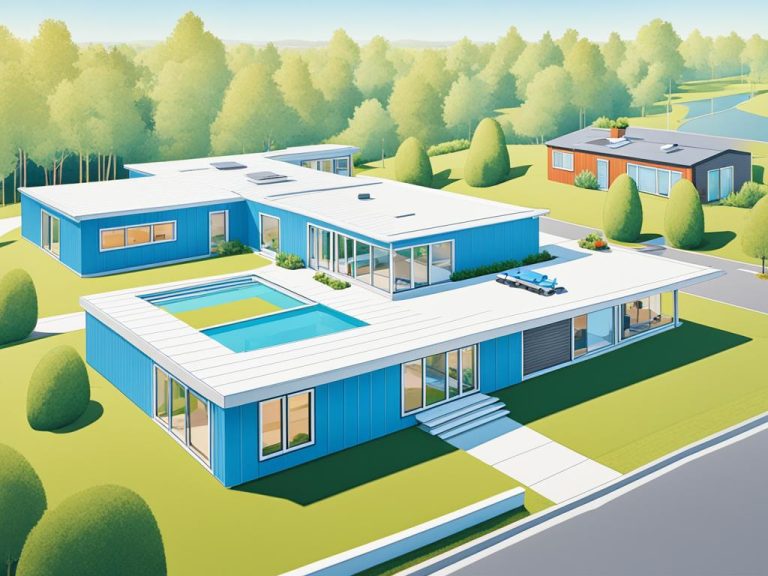


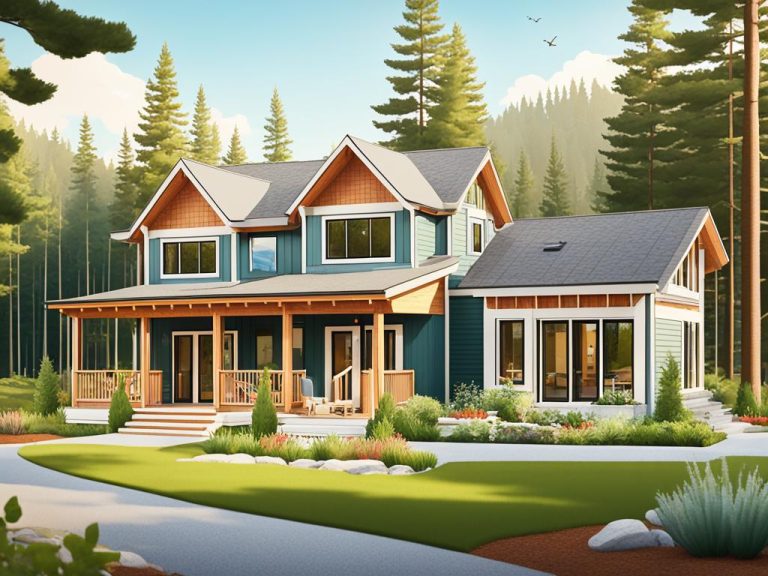


tigrinho jogo
jogo do tigrinho demo
купить реалистическую секс куклу
https://sex-shop-domzhelanij.ru
jogo do tigrinho demo
jogo do tigrinho